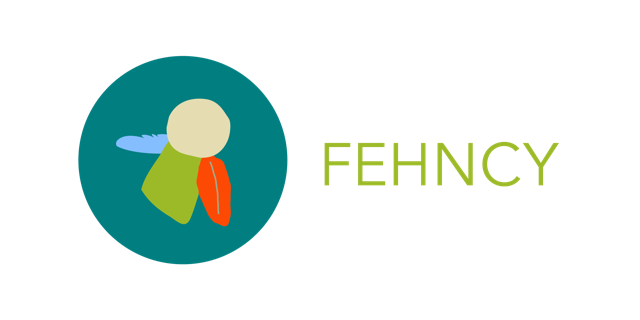FEHNCY is a cross-Canada research study looking at the nutrition, health and environment of First Nations children and youth aged 3 to 19
All in-person data collection for FEHNCY is currently on hold to comply with the physical and social distancing recommendations issued by the provincial and federal governments. The FEHNCY team will be conducting remote only data collection and will continue modifying the project methods, timeline, and protocols in collaboration with First Nation partners to adapt to the current circumstances. The mobile clinic component has been postponed until further notice.

First Nations Children and Youth

A National Study on the Health of First Nations Children and Youth
How will community members be involved?
Activities will be developed to engage community members and strengthen relationships with First Nations.
How will my family benefit from participating?
Who will be doing the research?
Community members will be hired and trained as community researchers, working in collaboration with a team of academic researchers.
What's New?
The FEHNCY project follows:
OWNERSHIP, CONTROL, ACCESS, AND POSSESSION (OCAP) PRINCIPLES REGARDING OWNERSHIP, CONTROL, ACCESS AND POSSESSION OF THE DATA COLLECTED FROM EACH COMMUNITY
OCAP® is a registered trademark of the First Nations Information Governance Centre (FNIGC).
Main Study
Questions
- How healthy are First Nations children in Canada?
- Are First Nations children living in healthy environments?
What will the study measure?

Dietary quality

Traditional food access and intake

Community food environment

Health status

Exposure to contaminants

Housing conditions and indoor air quality
What will the study measure?

Project Timeline

- 2020
Kanehsatake Mohawk Nation
Kanehsatake Mohawk Nation
January 1, 2020Region: Pilot study: Fort Albany and Kanesatake
Communities: 2
Participants: 200 - 2022
Miawpukek First Nation
Miawpukek First Nation
January 27, 2022Region: Atlantic
Communities : 6
Participants : Saskatchewan
- 2023
Lac La Ronge Indian Band
Lac La Ronge Indian Band
January 28, 2023Region: Saskatchewan
Communities : 6
Participants : 600
- 2024
W8banaki Nation
W8banaki Nation
January 28, 2024Region: Quebec
Communities: 3/3
Participants: 300/300 - 2025
Innu Takuaikan Uashat Mak Mani-Utenam (ITUM) and Ekuanitshit Innu Nations
Innu Takuaikan Uashat Mak Mani-Utenam (ITUM) and Ekuanitshit Innu Nations
November 28, 2025
2026-2031: We will continue to engage with tribal councils, regional organizations, and communities in the coming years.
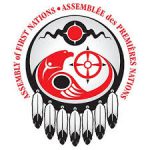
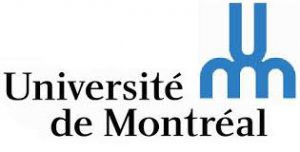

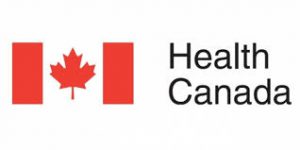

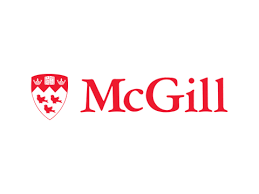
This project has been approved by the Ethical Boards of the University of Ottawa, the CHU de Québec – Université Laval, Université de Montréal, McGill University, the Children’s Hospital of Eastern Ontario (CHEO) and Health Canada to ensure its conformity to the principles governing the research ethics, and will ensure its continual review.
Funding provided by:

NEWSLETTER
SIGN UP FOR SPECIAL OFFERS
© Copyright 2020 FEHNCY
